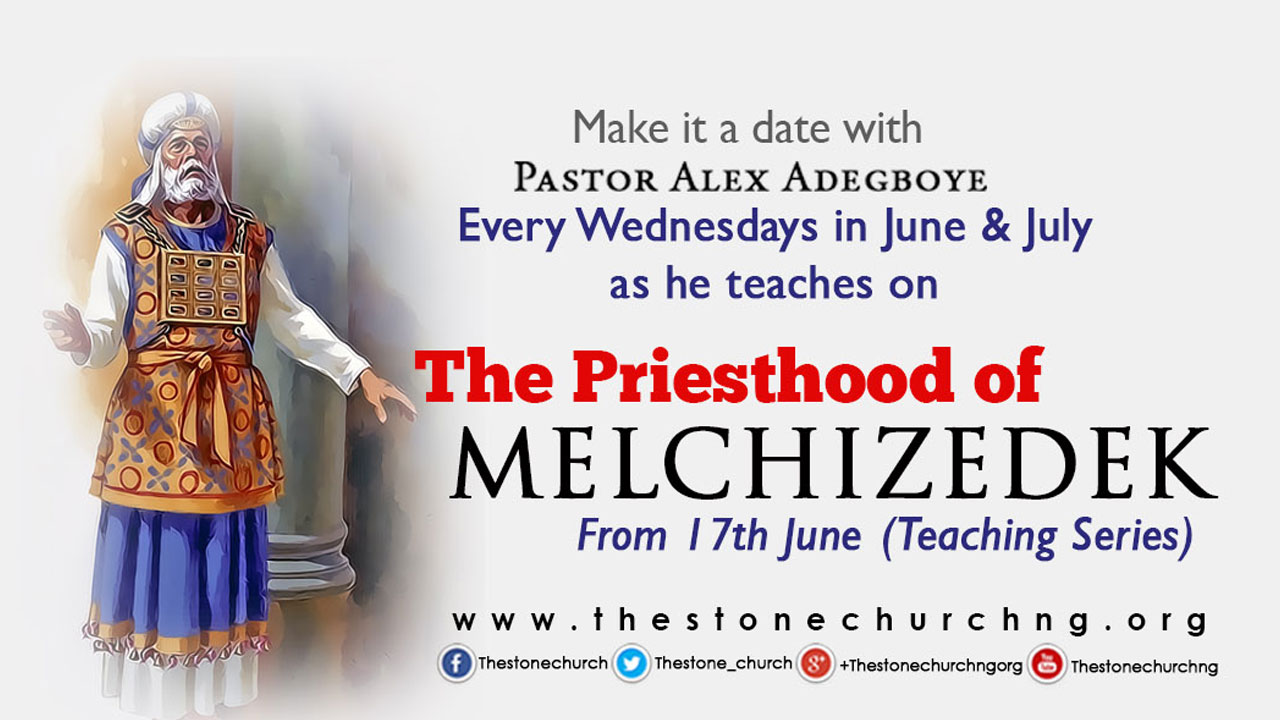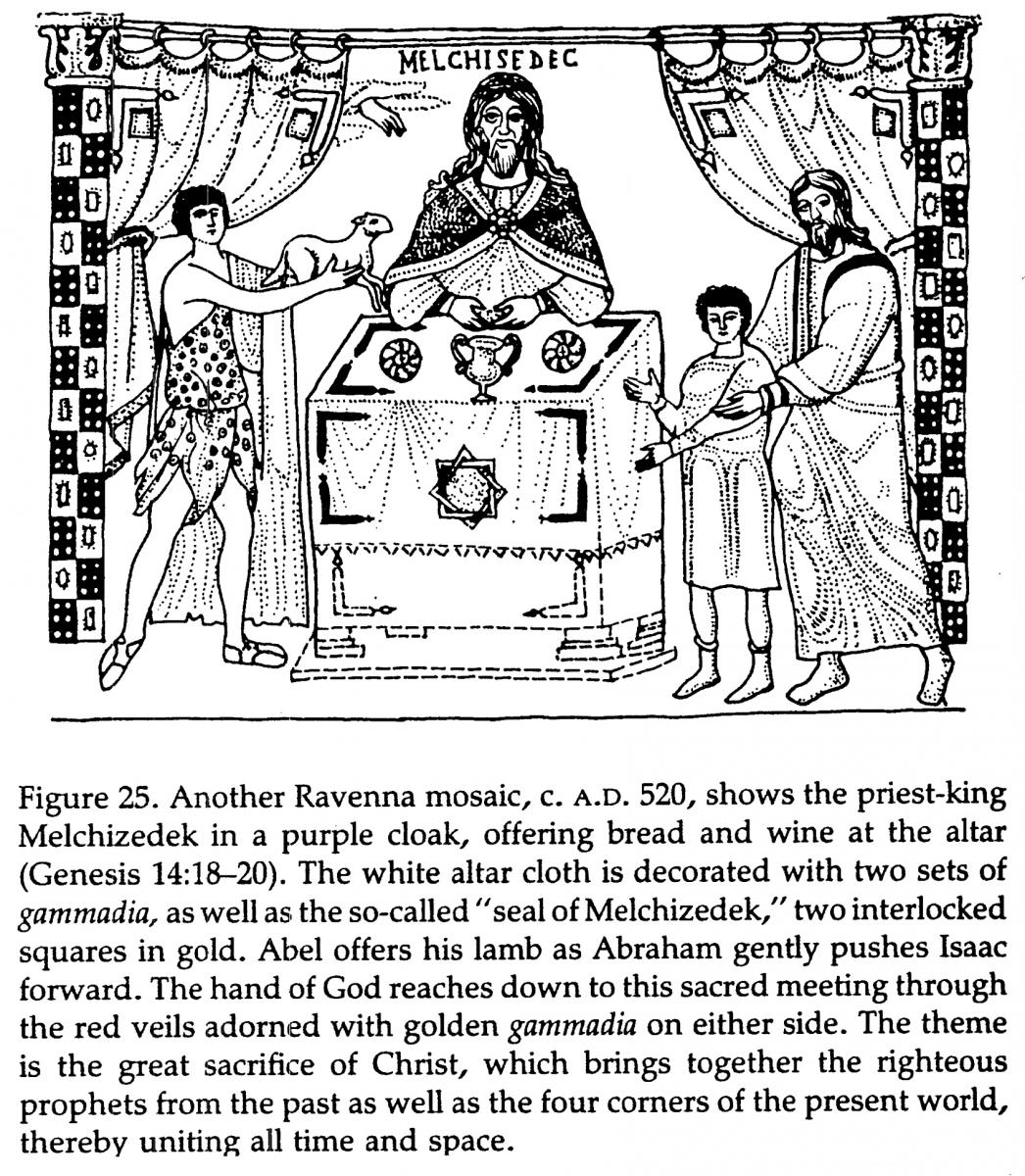
Have you ever found yourself pondering the enigmatic figure of Melchizedek as depicted in the Bible? This captivating character makes a brief yet significant appearance in the Old Testament, sparking curiosity and raising numerous questions about his identity and purpose. In this article, we will embark on an in-depth exploration of who Melchizedek truly was, examining his dual role as both a king and a priest. We will also discuss the implications of his character and why he continues to hold relevance in contemporary discussions about faith and spirituality. Prepare yourself for an enlightening journey as we unravel the mysteries surrounding Melchizedek and uncover the profound impact he has had throughout history.
Who Was Melchizedek?

Melchizedek stands out as a remarkable and enigmatic figure within the biblical narrative, making a brief yet impactful appearance in the book of Genesis, specifically in Genesis 14:18-20. In this passage, he encounters Abraham following a victorious battle, but the question arises: who exactly was Melchizedek?
To understand his significance, we must delve into the etymology of his name, which is rooted in an ancient Canaanite term that translates to “My King Is [the god] Sedek” or “My King Is Righteousness.” This connection to Canaanite traditions is essential for grasping Melchizedek’s role within the broader biblical context, as it highlights the intersection of different cultural and religious influences.
Most biblical scholars concur that Melchizedek served as the king of Salem, a title that many believe refers to an early name for the city of Jerusalem. This identification is further supported by Psalm 76:2, which mentions Salem in a manner that suggests it is synonymous with Jerusalem. Consequently, Melchizedek emerges as a pivotal figure in the historical and spiritual narrative of this sacred city, embodying themes of kingship and righteousness that resonate throughout the scriptures. His brief encounter with Abraham not only underscores his importance but also sets the stage for deeper theological reflections on the nature of priesthood and kingship in the biblical tradition.
Melchizedek’s Encounter with Abraham

In the biblical narrative, a pivotal moment occurs when Melchizedek encounters Abraham following the latter’s successful rescue of his nephew Lot from captivity. This meeting carries profound significance for a variety of reasons that extend beyond their immediate interaction.
One of the most notable aspects of their encounter is the sharing of bread and wine. Melchizedek presents these items to Abraham, an act that some Christian scholars interpret as a foreshadowing of the Eucharist. This interpretation adds a rich layer of theological meaning to their meeting, suggesting a deeper spiritual connection between the two figures and hinting at the establishment of sacred traditions that would resonate through generations.
Furthermore, Melchizedek blesses Abraham in the name of “God Most High,” known in Hebrew as El ʿElyon. This blessing is not merely a customary gesture; it carries significant weight, symbolizing Melchizedek’s recognized authority and his esteemed role as a priest. Through this act, he acknowledges Abraham’s importance and reinforces the divine favor upon him. The encounter between Melchizedek and Abraham thus serves as a foundational moment in the narrative, highlighting themes of hospitality, divine blessing, and the establishment of spiritual lineage.
The Tithe: A Symbol of Recognition

After receiving a blessing from Melchizedek, the priest-king of Salem, Abraham makes a significant gesture by giving him a tithe, which is a tenth of the spoils he acquired from his recent victory. This act is particularly remarkable because it demonstrates Abraham’s recognition of Melchizedek’s authority, despite him being a Canaanite priest-king. The act of paying a tithe carries profound implications, as it symbolizes Abraham’s acknowledgment of Melchizedek’s spiritual leadership and divine favor. This moment stands out in biblical literature, as it raises intriguing questions about the dynamics of authority and the nature of spiritual leadership. Why would a prominent Hebrew patriarch, revered for his covenant with God, choose to pay tribute to a king from a different cultural and religious background? This encounter challenges conventional notions of hierarchy and prompts deeper reflection on the complexities of faith, leadership, and the recognition of divine authority across different peoples and traditions.
Melchizedek in the Context of Jerusalem

Melchizedek’s story serves as an important backdrop for understanding the significance of Jerusalem in biblical tradition.
The Davidic Connection
Some scholars suggest that the narrative may have been finalized during the reign of King David. By highlighting Abraham’s tribute to Melchizedek, the story could serve as a justification for David establishing Jerusalem as his capital.
The Zadokite Priesthood
The episode also hints at the conflict between the Levite priests and the Zadokite priests of Jerusalem. Melchizedek’s priesthood could symbolize the reascendancy of Zadokite power, especially after their return from Babylonian exile.
Textual Challenges and Interpretations

The biblical account of Melchizedek poses several textual challenges that scholars continue to debate.
Ambiguities in the Text
For instance, the original text is somewhat ambiguous regarding Abraham’s tithe. Some argue that it seems odd for Abraham to give a tenth of the spoils and then refuse to take any for himself. What’s going on here?
Historical Context
It’s also unusual for a narrative from Davidic times to feature a Canaanite protagonist. This raises questions about the motivations behind the story’s construction.
Melchizedek as a Prototype of the Messiah

One of the most fascinating aspects of Melchizedek is his connection to messianic prophecies.
Psalm 110 and the Future Messiah
Psalm 110 refers to a future messiah from the Davidic line and alludes to Melchizedek as a prototype. This connection is significant for understanding the role of Melchizedek in Christian theology.
Melchizedek and Christ
The author of the Letter to the Hebrews in the New Testament draws parallels between Melchizedek and Christ. Just as Abraham, the ancestor of the Levites, paid a tithe to Melchizedek, so too does this establish Melchizedek’s priesthood as superior to that of the Levites.

So, what’s the takeaway from all this? Melchizedek is not just a footnote in biblical history; he’s a complex figure that bridges various traditions and theological concepts. His dual role as both king and priest challenges our understanding of authority and spirituality.
Why Should We Care?
Understanding Melchizedek enriches our comprehension of biblical narratives and their implications for faith today. Whether you’re a scholar, a believer, or just curious, Melchizedek invites us to explore deeper questions about leadership, spirituality, and the nature of God.
Final Thoughts
As we reflect on Melchizedek’s story, let’s remember that the past is never truly behind us. It shapes our present and guides our future. So, what do you think? Is Melchizedek a figure worth revisiting in our spiritual journeys?
| Aspect | Details |
|---|---|
| Name Meaning | My King Is Righteousness |
| Role | King of Salem and Priest of El ʿElyon |
| Significant Encounter | Meeting with Abraham |
| Key Offering | Bread and Wine |
| Tithe Given By | Abraham |
| Connection to Jesus | Prototype of the Messiah |

